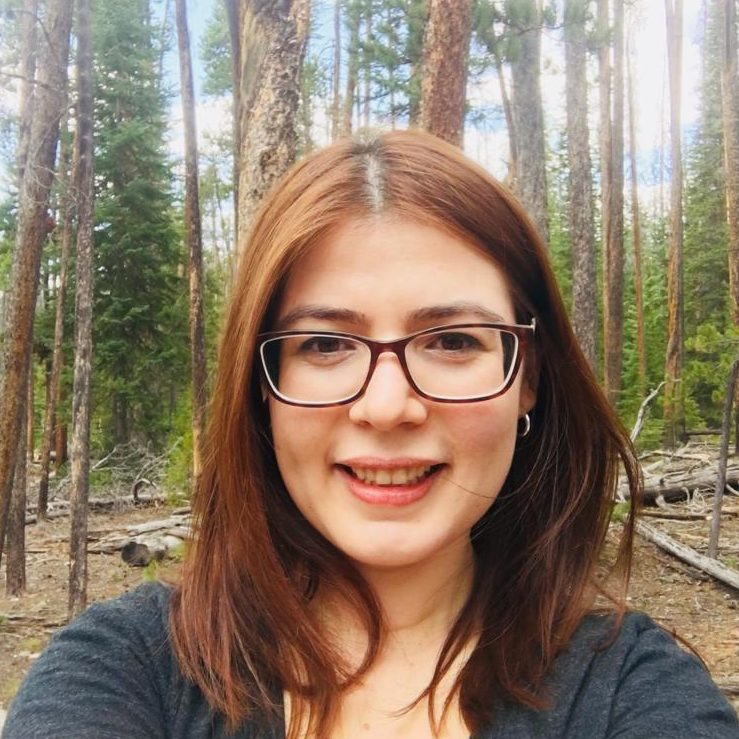E. M. Forster once said:
“Spoon feeding, in the long run teaches us nothing but the shape of the spoon”.
I believe that this quote embeds a fundamental guideline for effective teaching: long-term learning for a student cannot be achieved through passive listening, but only through active participation. This is because there is usually no way to convey an abstract idea unaltered from the teacher’s mind to the student. Instead, the teacher should provide the basic knowledge/material, allow students to reason about it thoroughly and develop their own way of thinking. The main advantage of this approach is that students are encouraged to be creative. Moreover, it generates a sense of self-accomplishment that will be a push for further learning.
My teaching methodology revolves around active learning, I adopt two main strategies. First, in discussion sections I put students into groups of 3 or 4 people, so that they have the opportunity to discuss problems and course material with their peers. At the same time, they develop collaboration and teamwork skills. In fact, when students are given the opportunity to interact with each other, they are more likely to feel like part of a community and become engaged with the course. Second, I believe that thinking is not driven by answers but by questions and that only students who have questions are really thinking and learning. For this reason, I try to create an environment where each student feels comfortable about asking questions.
